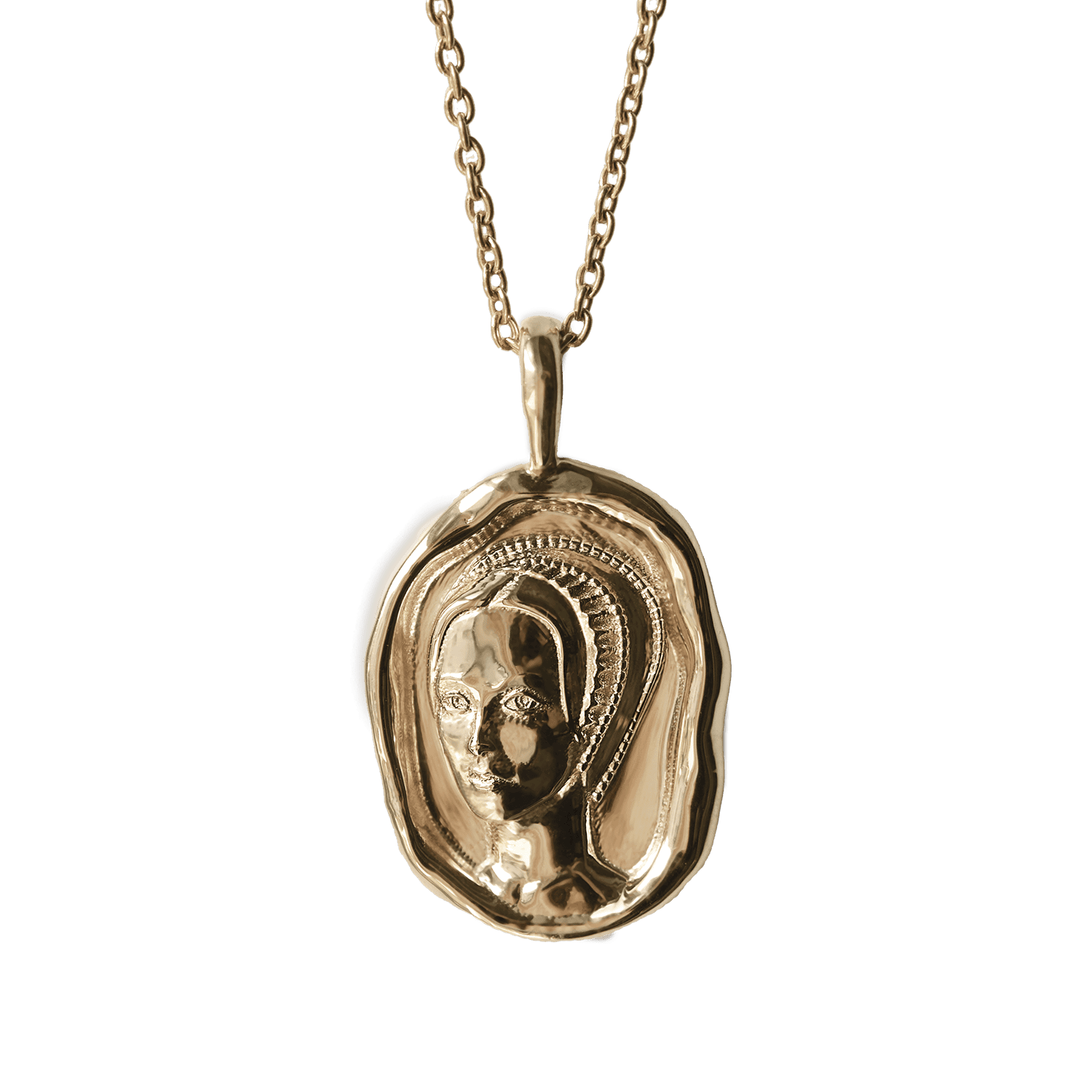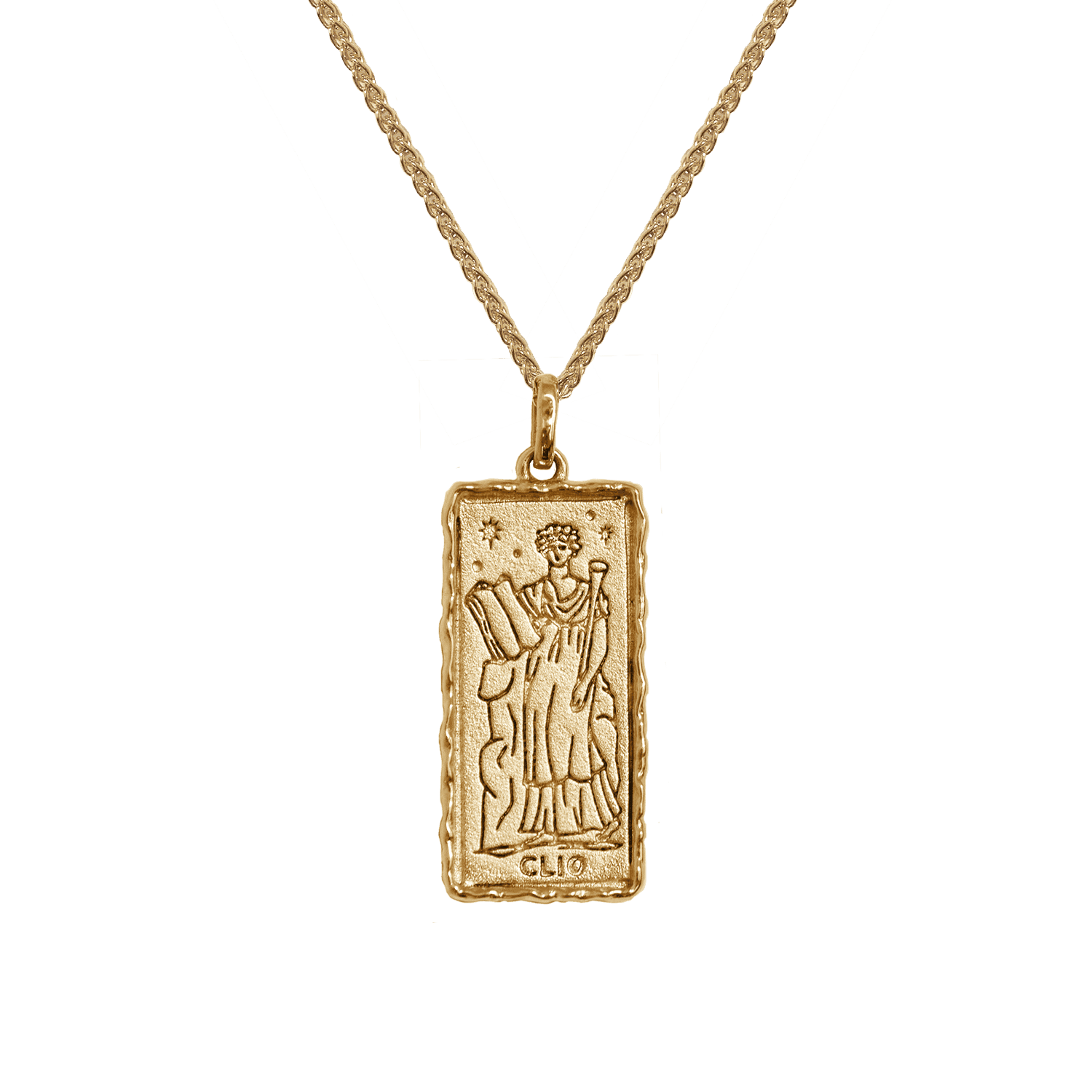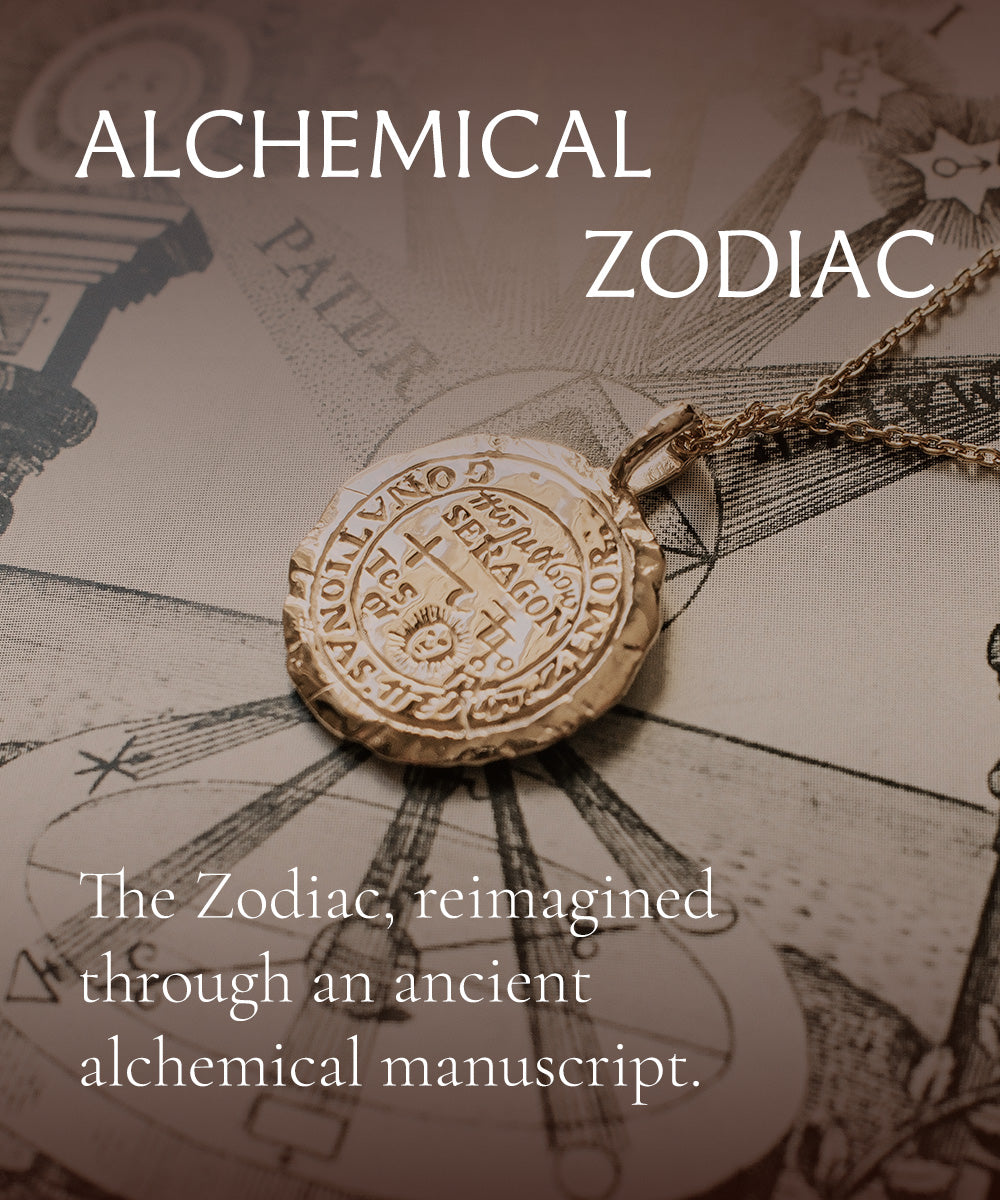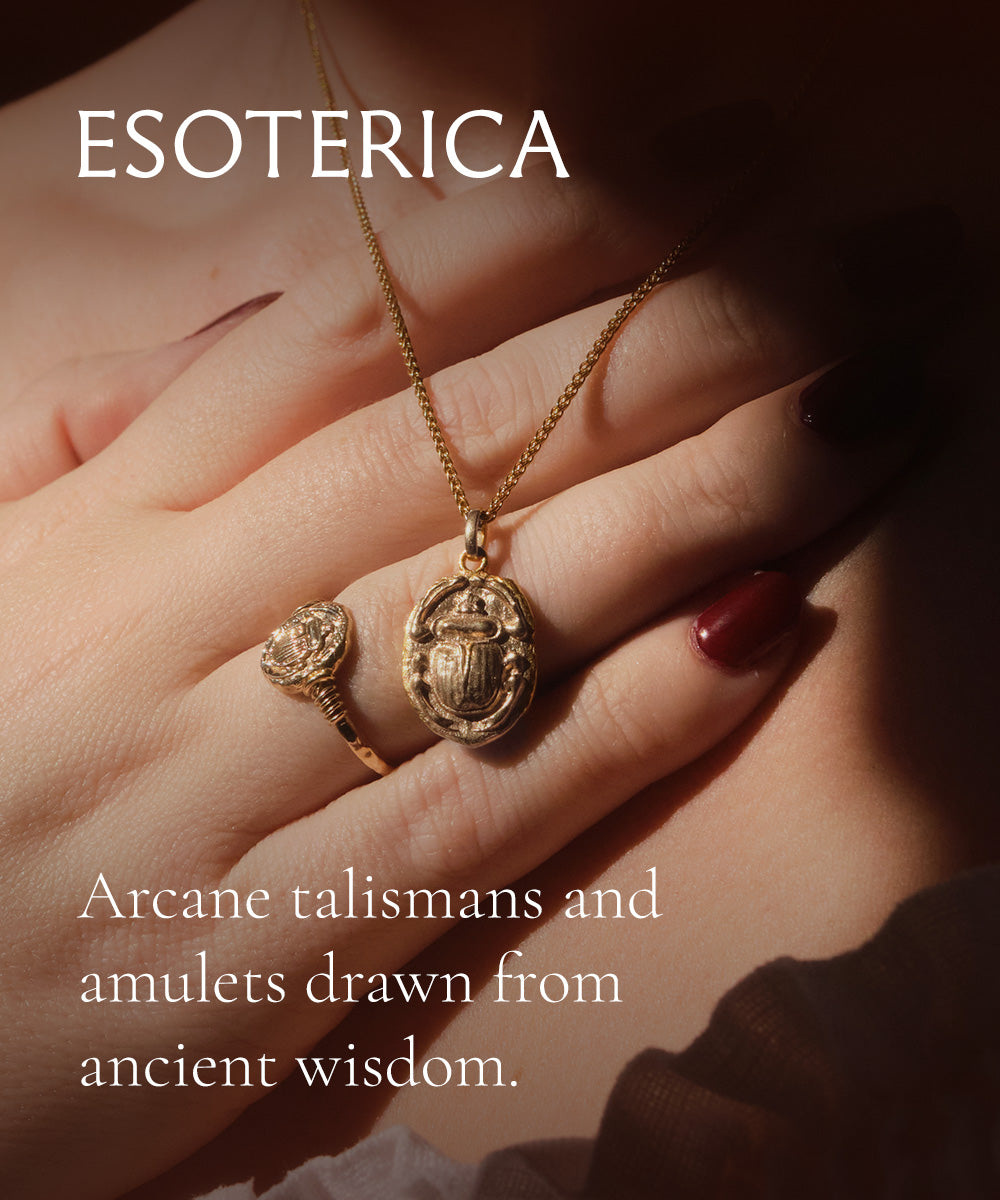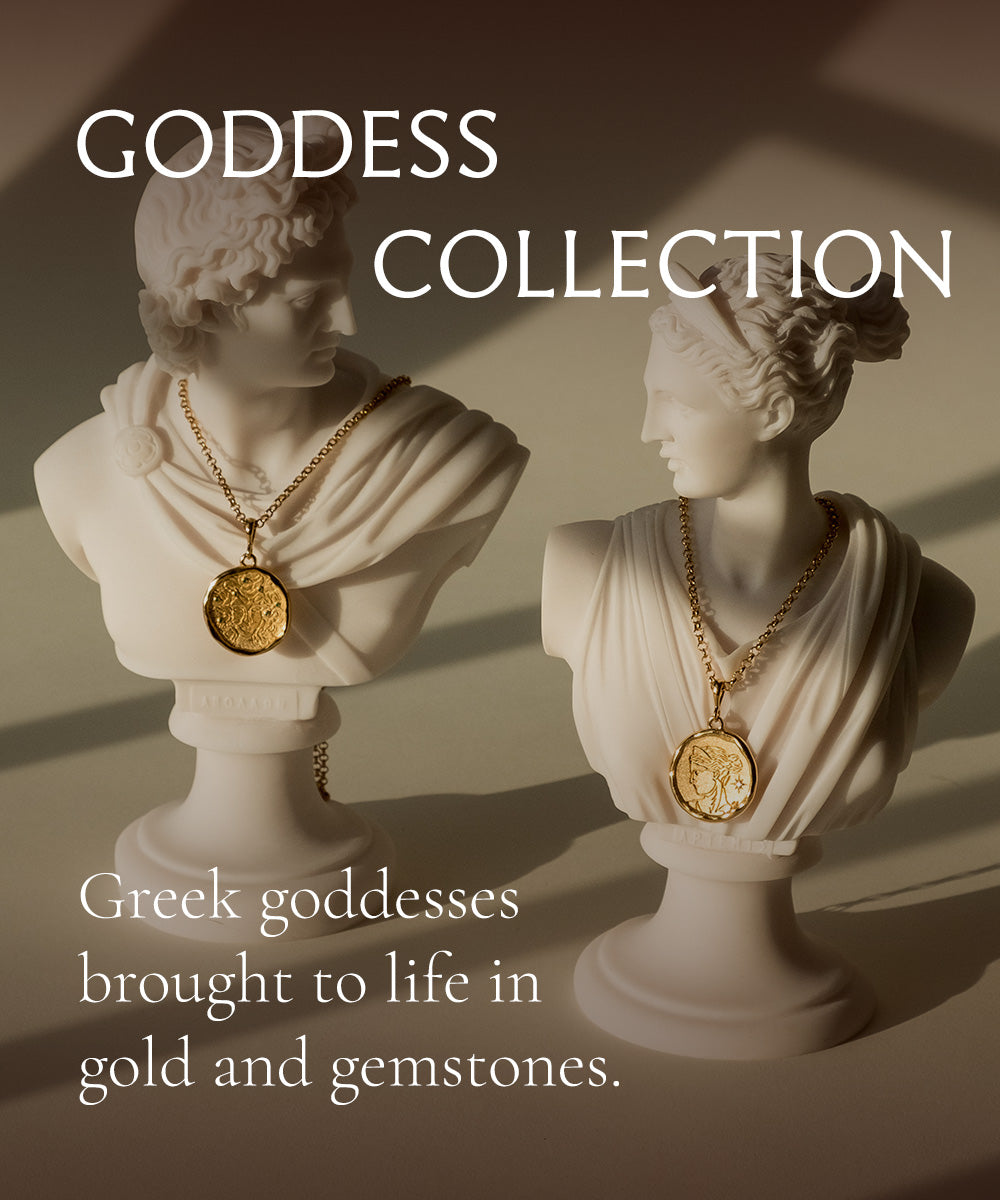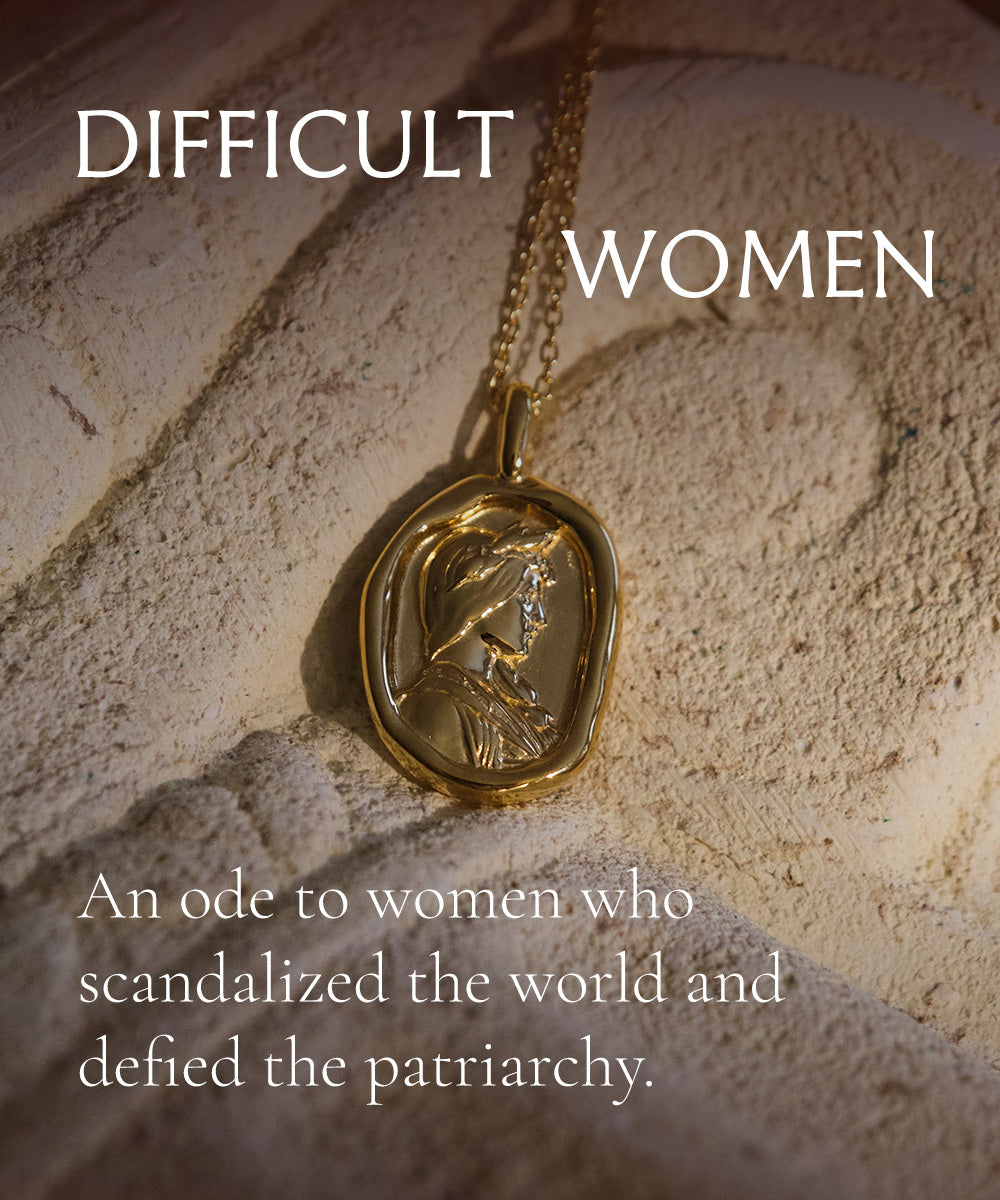“A novel is a literary work of art meant to expand consciousness.” -Ottessa Moshfegh
She is often called the “Superior Muse,” coming from the Latin word of the same spelling, “superior” in this case refers to succession, meaning “elder.” Calliope is the oldest of her sisters, and she is famously the muse that is invoked by great writers, past and present.
Calliope embodies the true purpose of the written word. Writers share stories because they seek to share universal truths. The reader experiences other people’s hurts, joys, dilemmas, and loves as if they were their own, because in a way, they are. Between the lines of written works is a collective study of human nature. Calliope does not only lift the veil and show humanity a reflection of itself, but also creates connections of understanding and empathy.
The Superior Muse does not only guide those who write, but all those finding their voice. To give the gift of eloquence and diplomacy, she would anoint the lips of kings with honey, and they would speak with clarity, truth, and justice. Calliope can therefore be invoked before public speaking, judgement, and debate, any time one desires to create a powerful, living connection with those they are addressing.
Hers is a voice of reason and grace, offering divine inspiration for that which has good intentions. The fall of the great Achilles marked the end of the Trojan war, but Achilles’ mother, the river goddess Thetis, was inconsolable with the loss of her only child.
"[The Mousai (Muses) came to sing the dirge at the funeral of Akhilleus (Achilles) :] To Thetis spake Kalliope (Calliope), she in whose heart was steadfast wisdom throned: ‘Immortal though I be, mine own son Orpheus died, whose magic song drew all the forest-trees to follow him, and every craggy rock and river-stream, and blasts of winds shrill-piping stormy-breathed, and birds that dart through air on rushing wings. yet I endured mine heavy sorrow: Gods ought not with anguished grief to vex their souls. Therefore make end of sorrow-stricken wail for thy brave child; for to the sons of earth minstrels shall chant his glory and his might, by mine and by my sisters' inspiration, unto the end of time.”
-Quintus Smyrnaeus, Fall of Troy 3. 631 ff (trans. Way) (Greek epic C4th A.D.)
Calliope’s promise to Thetis was kept. The Superior Muse inspired the poet Homer to pen the Iliad, the epic poem that told the story of Achilles and his fate. Set down in ink and carried through the generations, the memory of Achilles would never be lost to time, and those who read the Iliad would feel his pain, his strife, his strength and his glory as if they themselves stood, clad in shining bronze armor and the grace of gods, outside the looming stone walls of Troy.
Today, the Iliad, the promise of Calliope, sits on many bookshelves, and is read in schools and libraries. This is the true strength of the Muses. Their inspired work lives on, reflecting the nature of humanity, carrying with it all our beauty and all our faults, a beacon of truth in a world otherwise obscure.

